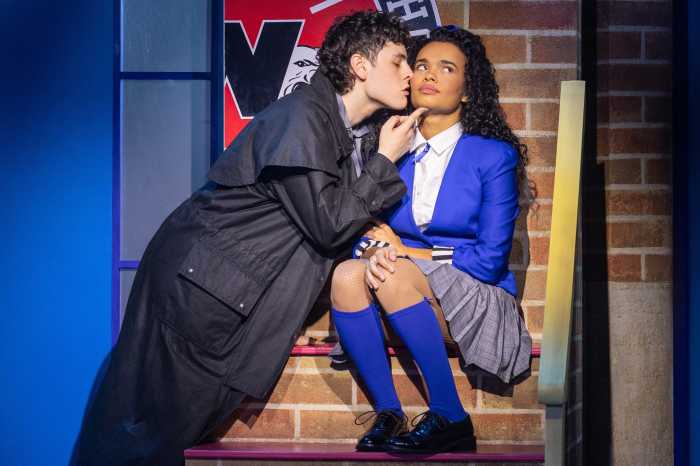The United States have called on all political parties and legislators in Haiti to work closely together in order to avert a political crisis in the French-speaking, earthquake-ravaged Caribbean country.
“Haiti’s executive and legislative branches need to rise above their interests and work together in the spirit of compromise to overcome their common challenges,” said Susan Rice, the U.S. Ambassador to the United Nations, who led a 15-member delegation of the U.N. Security Council on a visit to Haiti last week, calling on the legislative and executive branches to stop the wrangling.
“The president and prime minister have prioritized investments to create jobs to build a brighter future,” she told reporters at the end of the four-day mission to Haiti.
“But we also understand that improvements in the rule of law, in institution building, fighting corruption and removing other barriers to growth are key to attracting and retaining the quality and quantity of investments that Haiti needs,” Rice continued.
Other United Nations’ diplomats expressed fear about worsening post-carnival political crisis in the impoverished country.
“From what we heard, there is a risk of political confrontation,” said Philip Parham, the United Kingdom’s deputy permanent representative to the United Nations, who was among Security Ambassadors on the Haiti trip. “Some people think it is really significant.
“One vital ingredient in moving forward is going to be clear and inclusive leadership from the top,” he added.
Parham said Haitian legislators have complained about “political differences with the President, with whom the opposition-dominated parliament is at loggerheads.
“It would have been good to hear more of a positive vision for Haiti and the role of the parliamentary leadership in that,” he said.
On Feb. 17, Haiti’s National Palace blamed “trouble makers” near the Champ de Mars for attacking the president’s motorcade.
Reports indicated that President Michel Martelly was hit by a rock but not seriously injured as he walked in a Carnival procession.
Haiti’s political stalemate has reportedly hit fever-pitch after Prime Minister Garry Conille said he would audit US$300 million in contracts awarded by his predecessor during the 18-month emergency period after the Jan. 12, 2010 earthquake. The contracts were financed by a Venezuelan fund.
Tensions further rose after Conille ordered his ministers this week to cooperate with a Senate commission that is investigating the nationalities of several members of the government, including himself, the president and several ministers. Martelly had, however, said that the commission lacked authority.
Conville was the only one who appeared in parliament on Feb. 16 with his passports.
Some Haitian legislators have charged that some members of government hold foreign passports, which would make them ineligible to lead the country under Haiti’s Constitution. All have denied the accusations.
“It’s a mess,” said Kesner Pharel, one of Haiti’s leading economist and political analysts. “We are waiting for the carnival break to see what will happen – very scary situation.”
He said there are vast disagreements between parliament and the executive, and between the prime minister and some of his Cabinet members.
“The executive team doesn’t exist. Does [the Prime Minister] have a team,” Pharel said. “We don’t know where we are going with all of these maneuvers.”
Simon Desras, president of the Haitian Senate, told lawmakers that ensuring security and stability in Haiti remains elusive.
“Failure is already knocking at our doors while the authoritarian impulses of the presidential executive are showing their tentacles,” he warned.
“The gap deepens, day by day, between the main actors, director, representatives of these two powers,” he added.

























